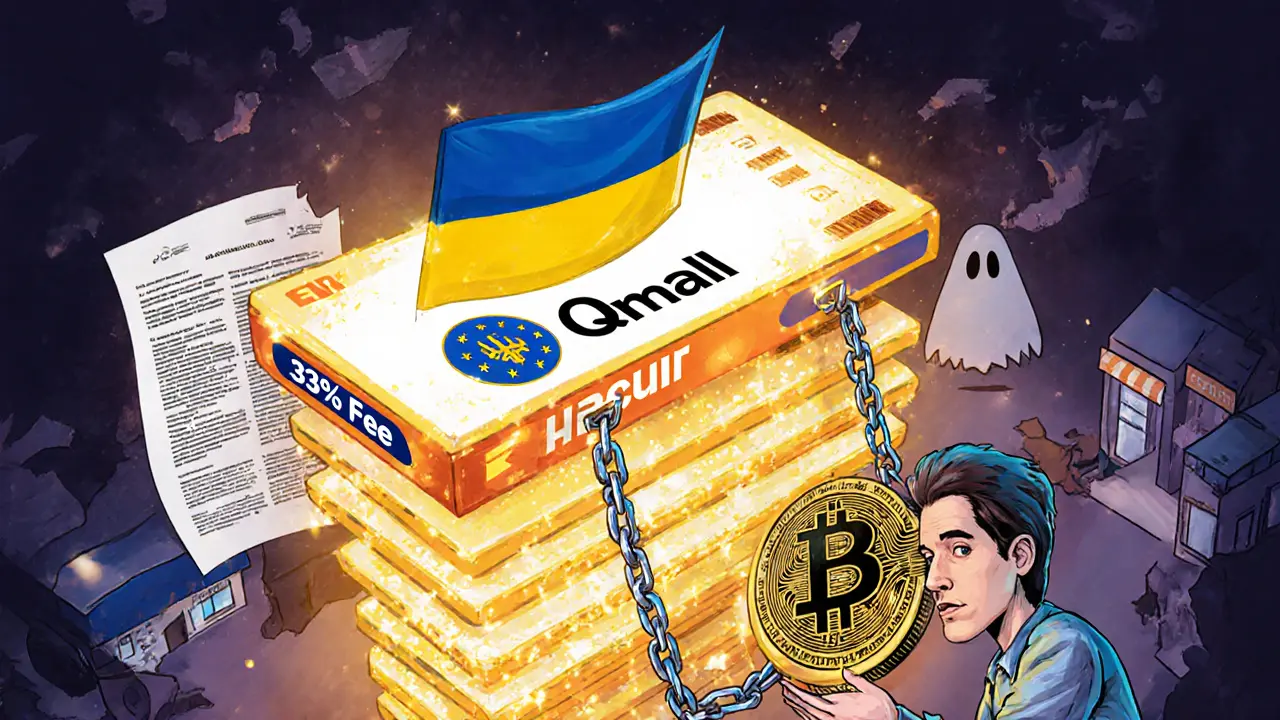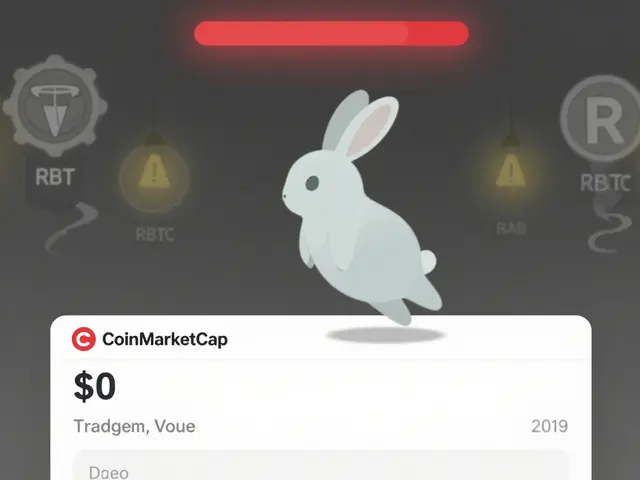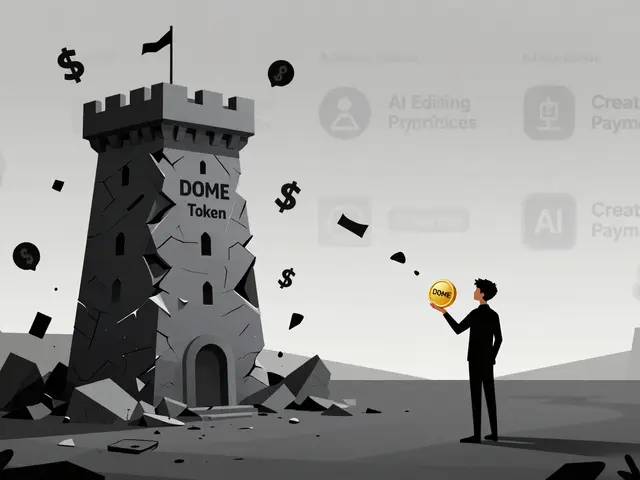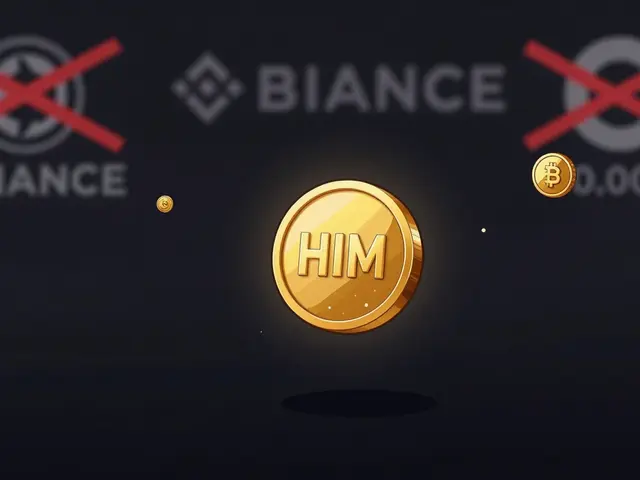Qmall Exchange: What It Is, How It Works, and What You Need to Know
When you hear Qmall Exchange, a crypto trading platform that claims to offer low fees and fast trades. Also known as Qmall DEX, it pops up in forums and airdrop communities as a possible place to trade obscure tokens. But unlike Binance or Coinbase, there’s little public info about who runs it, where it’s based, or what security measures it actually uses. That’s not just odd—it’s a red flag in crypto, where transparency isn’t optional, it’s survival.
Qmall Exchange is often mentioned alongside other small, unregulated platforms like AUX Exchange and Jiamix. These aren’t household names, but they show up when users hunt for tokens that aren’t listed on major exchanges. You’ll find Qmall in posts about obscure airdrops, low-cap meme coins, and token launches that bigger platforms won’t touch. That’s not necessarily bad—if you’re chasing early-stage projects, you need places that let you in. But it does mean you’re trading on platforms with less oversight, weaker security, and no insurance if things go wrong.
Compare that to DeFi swap exchanges, like Uniswap or PancakeSwap, where code is open, transactions are public, and you keep full control of your wallet. Those platforms don’t hold your funds—they just connect buyers and sellers. Qmall Exchange, by contrast, acts like a centralized middleman. That means you deposit your crypto, they hold it, and you trade through their interface. If they get hacked, go offline, or vanish overnight, your assets could disappear with them. And there’s no public audit history to check.
Some users say Qmall has fast deposits and supports niche tokens you can’t find elsewhere. Others report slow withdrawals, hidden fees, and customer service that never replies. Sound familiar? That’s the same pattern you see with JPEX, KCCPAD, and other platforms that fade after a hype cycle. The difference? Qmall hasn’t blown up yet. So you still have time to ask: Why use it at all? If you’re trading a token that’s only listed there, you’re already taking a risk. But if you’re using it just because it’s convenient, you’re trading safety for speed—and that’s never worth it in crypto.
What you’ll find in the posts below aren’t ads for Qmall Exchange. They’re real reviews, warnings, and comparisons from people who’ve tried it—or avoided it. You’ll see how it stacks up against other exchanges, what red flags to watch for, and why some traders walk away after one bad experience. There’s no sugarcoating here. Just facts, user reports, and the kind of blunt advice you wish you’d heard before you sent your first coin.
Qmall Exchange Crypto Exchange Review: Regulated or Risky in 2025?
Qmall Exchange claims zero fees and EU regulation, but investigations reveal hidden charges, unverified licenses, and no real trading volume. Avoid this risky platform in 2025.





